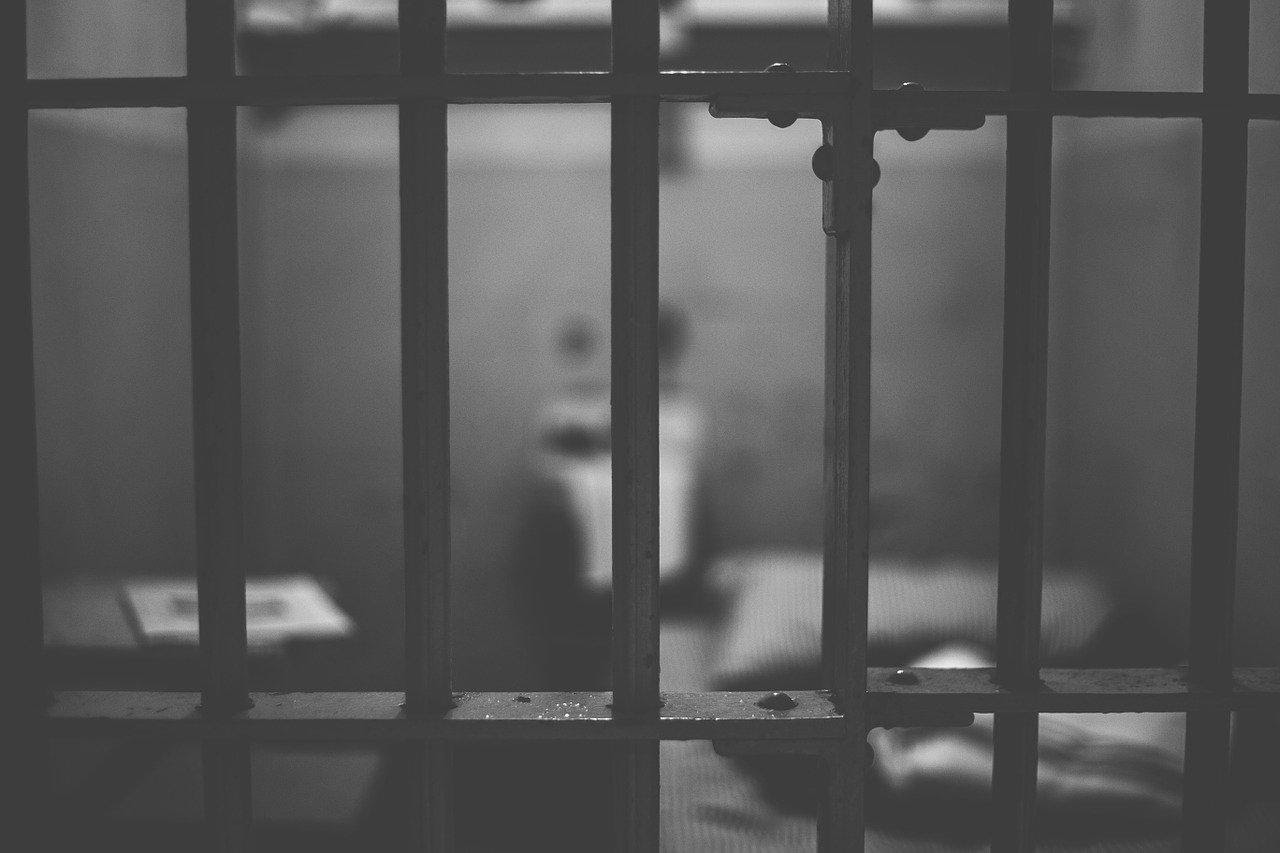Drugs/Therapy
What are the Legal Consequences of Illicit Drug Use?

(Photo : What are the Legal Consequences of Illicit Drug Use?)
For all intents and purposes, the "War on Drugs" ended when nearly every state passed a law for recreational or medical marijuana use. The truth is, however, that law enforcement officers everywhere still actively pursue drug arrests. If you've been arrested for illicit drug use, you need to take the charges seriously. While there may be a valid defense or a program that can get you out of trouble for a first offense, the stigma can haunt you for a lifetime.
Jail and Prison Time for Drug Charges
In the state of Florida, you can serve up to a year's time in a county jail for a misdemeanor drug crime like Possession of Cannabis Under 20 grams or Possession of Drug Paraphernalia. This may differ in other states, so check a state-specific resource if you've been arrested elsewhere. Most states, however, are similar to Florida in classifying most other drug crimes as felonies, which means that you can serve time in state prison. If you have been arrested for possession of cocaine, heroin, MDMA, methamphetamine, or another hard drug, but it's your first offense, then you are probably not going to serve hard time, even though it's a felony charge. Most states prefer intervention as opposed to prison.
Fines for Drug Charges
The maximum fine for a misdemeanor drug charge in the state of Florida is $1000. Felony charges cap at $5,000 for a third-degree felony, like possession of cocaine. With trafficking charges, fines go into the hundreds of thousands. If you are convicted of a drug crime in Florida, it's very likely you're going to be fined, even if you're not given jail time or prison.
Criminal Record
If you're arrested for a crime, then you have an arrest record once you're booked. This may seem unfair since you haven't been convicted. If you are able to beat your charge, most companies doing a cursory background check won't be able to see your arrest. A conviction is different, though. It is easier for interested parties to locate a criminal conviction. This can be a bar to employment and educational opportunities, and you may not be able to apply for security jobs.
Loss of Rights
Depending on which state you're from, if you're convicted of a felony, you may lose your right to vote during the time you're in jail; you may even lose that right permanently. You may also not be able to own a gun without having your rights restored.
Probation, Parole, House Arrest
In an order to alleviate overcrowded jails and prisons, judges frequently assign probation/parole or house arrest as a penalty for a drug conviction. This is usually at the convicted individual's own expense. The terms of these types of restrictions can include limited freedom of movement, a mandatory ankle monitor, drug tests, random visits, phone check-ins, and surprise inspections. While house arrest is more comfortable and safer than prison, these restrictions can be tremendously inconvenient.
Hire an Attorney
You need to take a drug arrest seriously. The earlier you involve a professional criminal defense lawyer, the better your chances of beating your charges. A criminal defense lawyer can examine the evidence against you and develop a solid strategy to beat your charges.
For more information about drug crimes and legal defenses contact Parikh Law, P.A.
* This is a contributed article and this content does not necessarily represent the views of counselheal.com









Join the Conversation